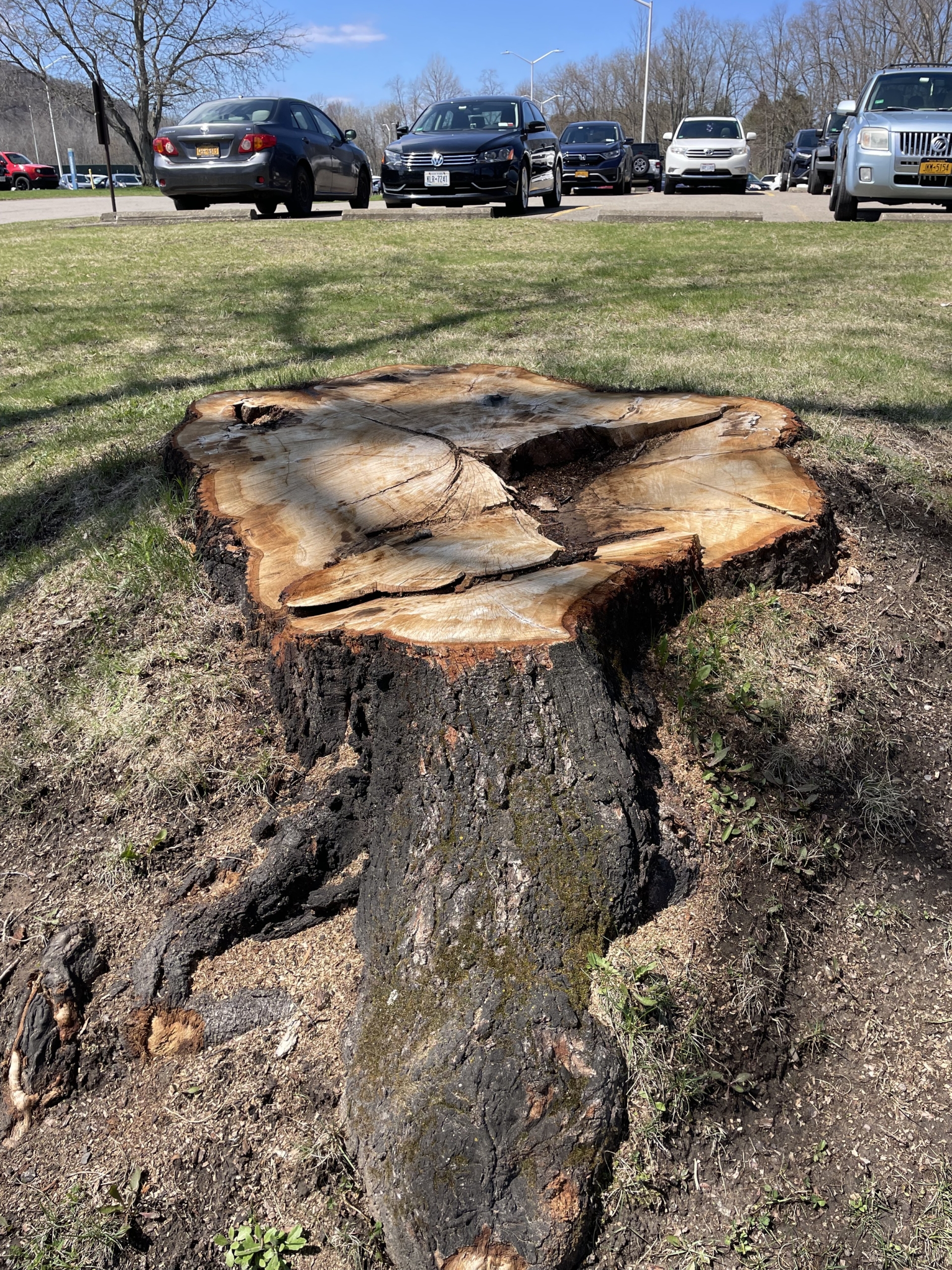By Leah McCluskey, News Assignment Editor
Joseph Zimmer, Ph.D., former interim provost and vice president for academic affairs, recently had his contract extended through May 31, 2020, upsetting faculty members.
Campus committees were formed to conduct searches for the vice president for student affairs and vice president for Finance and Administration. Both searches are ongoing. However, the search for the provost never actually occurred.
Thomas Missel, interim vice president for university relations, explained that after Michael Fischer, Ph.D., stepped down as provost and vice president for academic affairs at the end of the 2014-15 academic year, Zimmer was appointed as interim provost in his place.
“Upon advice from our search firm, a national search to find a permanent replacement was suspended in January 2016 when Sr. Margaret announced her decision to step down as president,” Missel said. “Sr. Margaret and the Board of Trustees wanted stability in the office of chief academic officers during the time of the transition of the president and, in February 2016, she appointed Zimmer as provost and VP for Academic Affairs with a contract until December 2017. The interim tag had been removed.”
At the last University convocation on Jan. 19, President Dennis DePerro, Ph.D., announced that he did not consider the academic vice president and provost positions to be unfilled. DePerro said, as far as he was concerned, Zimmer was not an interim when he took office.
Dr. Mary Rose Kubal, chair of the faculty senate, disagrees with this interpretation.
“We were told that the university would be doing a search in December,” she said. “The faculty accepted that in good faith.”
With news that a search would not occur, Kubal spoke out at the last senate meeting stating that she was not commenting about Zimmer’s performance, but was disappointed the usual search process was not followed.
“From a faculty perspective, it is really important to have some input in who the top academic officers are and we had very little,” she said. “This was an issue of process, not the qualifications of the people chosen.”
Kubal also suggested that the provost should clarify the logistics of the extension of his contract as rumors had begun to flow.
With the faculty feeling excluded from the decision, Kubal said she met with DePerro regarding the issue and to offer her advice, but they disagreed on what constitutes consultation.
“The president did not agree with my advice,” she said.
The Statement on Government of Colleges and Universities states, “..the faculty has primary responsibility for such fundamental areas as curriculum, subject matter and methods of instruction, research, faculty status, and those aspects of student life which relate to the educational process. On these matters the power of review or final decision lodged in the governing board or delegated by it to the president should be exercised adversely only in exceptional circumstances, and for reasons communicated to the faculty. It is desirable that the faculty should, following such communication, have opportunity for further consideration and further transmittal of its views to the president or board” (139).
Due to this, Kubal felt that the actions taken were a violation of the principles of shared governance.
Zimmer is now the provost of St. Bonaventure University and the faculty agreed to work with him and the president.
“Next time this happens, be transparent,” Kubal concludes. “We [the faculty] aren’t happy about it. We have to look out for process.”
Zimmer did not comment on this issue.




